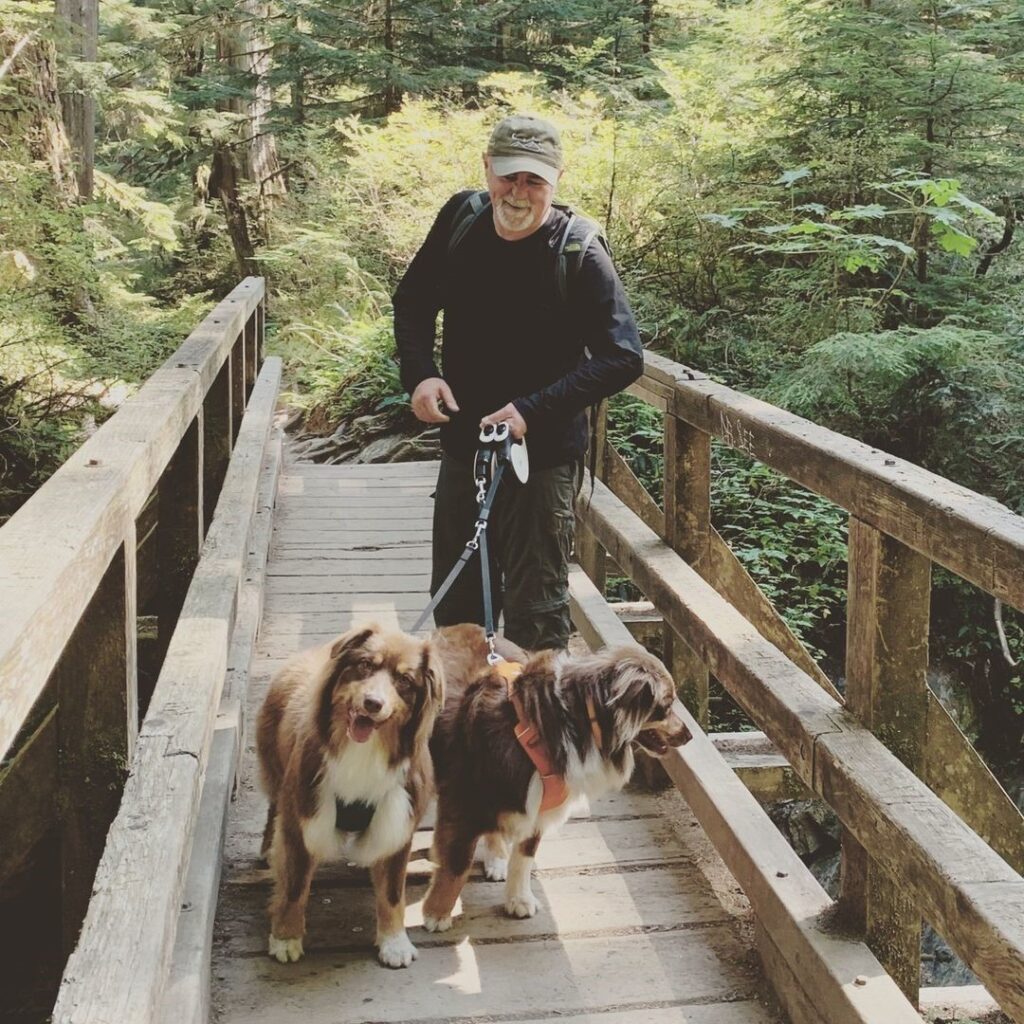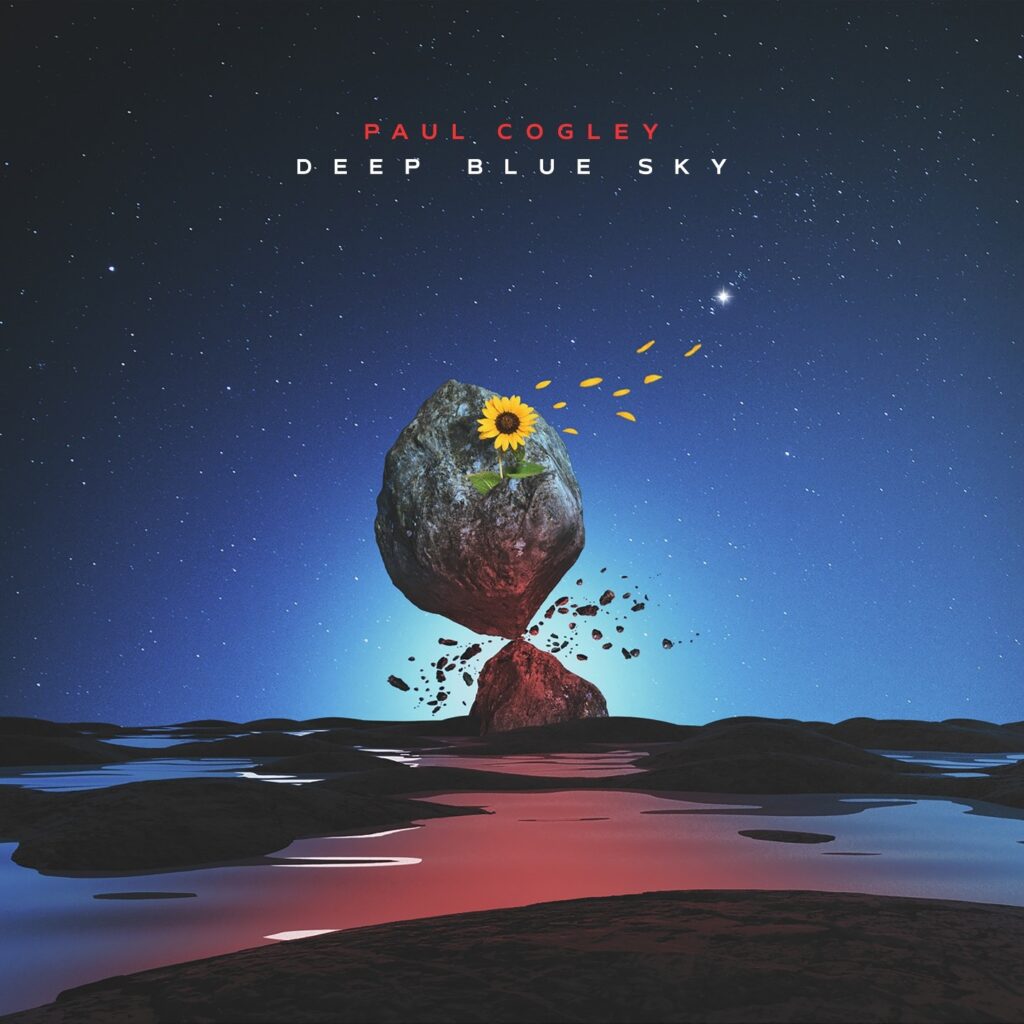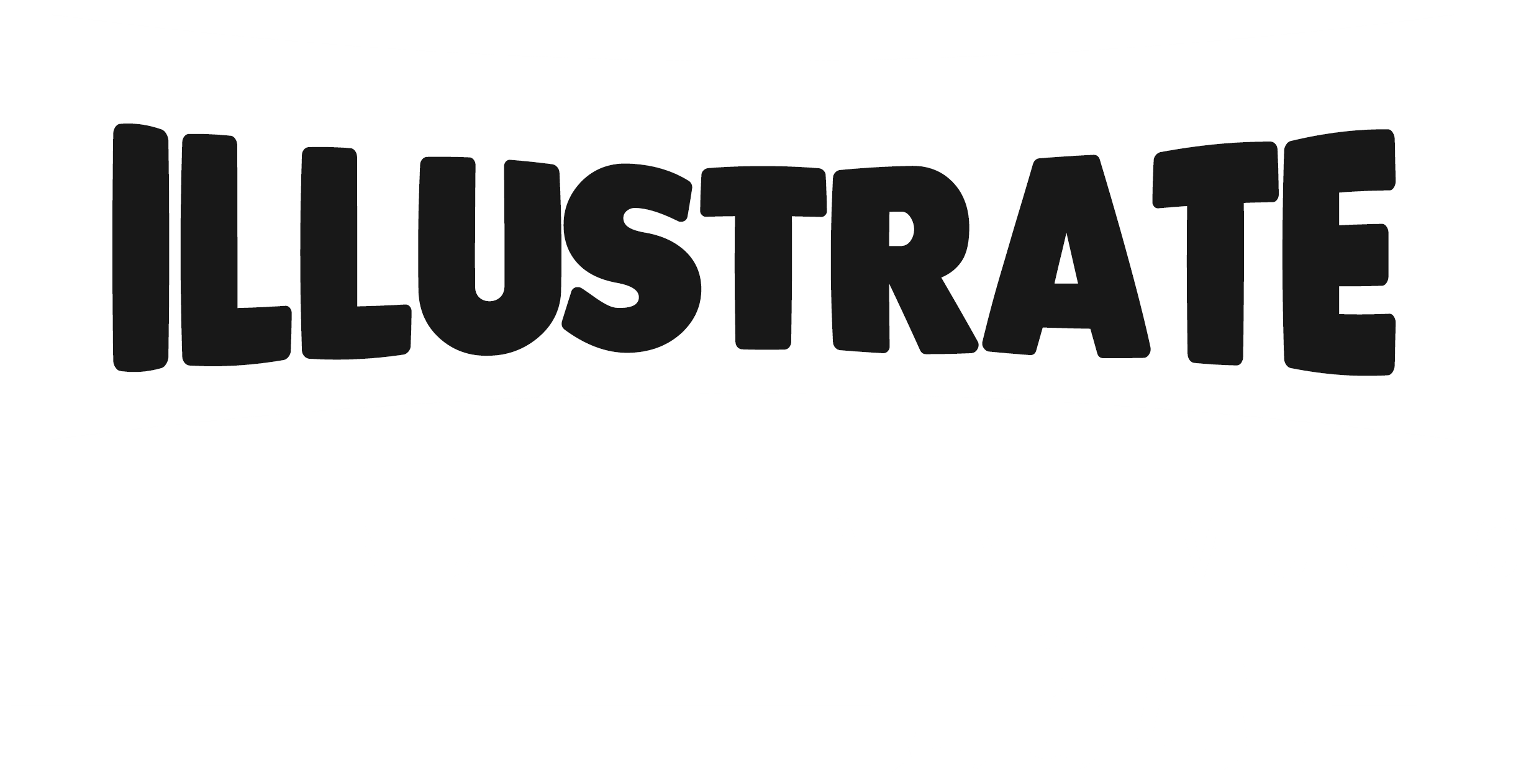Paul Cogley is a producer, composer, and musician. Since the mid 70s to 2015, he’s been in several tribute bands and original music bands playing rock, punk, soul, progressive, and blues among other genres. His original rock/pop album “Nova Cafe,” was released in March 2017. It was recorded and produced in Paul’s studio and featured some fantastic local Seattle talent. Paul went back to his studio in February 2019 to begin writing new music, and in May 2020, he released “Terra Nullius,” an 11-track album of original compositions. A second single, the parody “Be Careful What You Tweet,” was released in June 2021 after the release of the single “Time To Go” in December 2020. All music is accessible through all streaming services as well as online music retailers like iTunes, Apple Music, Amazon, and others.
His latest album “Deep Blue Sky,” was released in August 2022. The creation of Deep Blue Sky took two years. It can be said that the experimental rock/alternative and electronic music is well-crafted and will appeal to a wide audience.
The album serves as a manual for how to find redemption in this crazy world where we have all somewhat lost our way. From the opening song, “Mr. Spaceman,” where we feel pressure from within and try to live up to impossible scrutiny and demands, to “What If It Were You,” where we have lost our empathy, to “Longing,” where we know we have lost something but are unsure of how to get it back, to “Everything Changes,” which is self-explanatory, “A Million Miles Away,” which is about the James Webb Telescope (easier to look away than look within), to the ending song “Pebble,” the album sheds light on many inward and outward contemporary matters. He has lovingly dedicated this album to the entire world. Check out the album and the exclusive interview below:

1. Can you tell us a bit about where you come from and how it all got started?
PAUL COGLEY: Well, my first ‘guitar’ was a tennis racquet, and I would ‘jam’ along to some Motown and Beatles 45’s that we had at home. My first real guitar was gifted to me when I was about 11 years old. I joined my first band at 14 and first serious band at 17, as well as getting involved with a local recording studio and had my first taste of the music industry. This was in the late 1970’s in the UK. Since then, I have played in bands and stayed involved in making music all over the world.
2. Did you have any formal training or are you self-taught?
PAUL COGLEY: The only formal musical training I’ve had is when I’ve needed a crash course on learning how to do something for a specific music project. Other than that, as a musician I am entirely self-taught, learning through experience. I have had more formal training as a producer learning recording studio techniques and new technologies, but I’ve found for myself that experience has been my greatest teacher.
3. Who were your first and strongest musical influences.
PAUL COGLEY: Musical influences? Gosh, so many…. I suppose initially Jimmy Page and Dave Gilmour influenced my passions and carved the way, and then later, Jeff Beck and Richard Thompson, but I also loved the music of Mike Oldfield (who also creates and produces music on his own). My tastes go everywhere, not just rock, but also folk, classical, electronic, ambient…. If it’s good, then it’s fair game for me.
4. What do you feel are the key elements in your music that should resonate with listeners, and how would you personally describe your sound?
PAUL COGLEY: Certainly, with the ‘Deep Blue Sky’ album, I think I have finally gotten to a point where I am able to allow the songs evolve on their own rather than trying to influence the outcome. That implies that I was limiting the potential before, but ‘Deep Blue Sky’ was a very different experience as I was allowing more raw emotion through. Emotions that were maybe suppressed for a long time, and along with some disturbing current events (like the Russia-Ukraine thing happened right as I was beginning to formulate this album), and things going on with people close to me…. it has been a very hard year all round for many. So, to answer the question, the key elements are the underlying emotions of the album. Listen for all the subtlety and space, and the barely perceptible things going on in the background, like the acoustic guitars and what they are playing; nothing is regular. My goal was to create something that, every time you listen to it, you hear something different, and over time, a fuller picture emerges. I know this is a risky proposition in this age of short attention spans and the fact that most folk do not listen to an entire album in one sitting anymore, which is a shame because that is a journey better experienced as a whole.

PAUL COGLEY:
I have never concerned myself with emulating someone else, or even consciously trying to be original, but more responding to the moment. Obviously, you must do music to get good at interpreting and manifesting it, and I have done my tenure in blues, rock, prog, and punk bands etc., but for me, it has been all about doing stuff that I find personally interesting and not just doing what others expect. I am getting more that way as time goes on, and lately, my development seems more about me evolving as an individual rather than as a musician.
6. What’s your view on the role and function of music as political, cultural, spiritual, and/or social vehicles – and do you try and affront any of these themes in your work, or are you purely interested in music as an expression of technical artistry, personal narrative, and entertainment?
PAUL COGLEY:
Well, yes to all of that. In recent years, as music has become more and more monetized and stigmatized by the industry, the art has lessened and become cheaper, which grieves me greatly. I have a statement on my web site; ‘Words make you think a thought, music makes you feel a feeling, but a song makes you feel a thought’ and I totally live by those words! I believe in the power of music, and that it can soften the hardest heart and embolden the most vulnerable. My themes tend to be relevant to the times and formed with raw emotion. I think using it as a vehicle to raise awareness, heal, instill emotions or whatever, is the God-given duty of every musician.
7. Could you describe your creative processes? How do usually start, and go about shaping ideas into a completed song? Do you usually start with a tune, a beat, or a narrative in your head? And do you collaborate with others in this process?
PAUL COGLEY:
Every year I do an online music challenge called ‘February Album Writing Month’ (FAWM.org) where you are challenged to write, record and upload 14 songs in the month of February. I have done it every year since 2015. A song every two days forces you to just do, and not overthink. It gets you out of your own head and just create, there is no time to sleep on an idea. This really works well for me. My FAWM songs come about from a theme idea, or a little ditty on the acoustic guitar, or a lyric with a melody that is rolling around inside my head, it is not consistent at all. After FAWM, these songs then provide a foundation, or a starting point for development which can involve listening, relistening, combining, refining, adding to, taking away, generally allowing the song to gestate over periods of time, and revisiting, to see how it is standing up after not listening to it for a while. It is a very iterative process for me.
8. Creative work in a studio environment, or interaction with a live audience? Which of these two options excites you most, and why?
PAUL COGLEY:
I have done my share of playing live, there have been times when I was out playing every night of the week. It can be a great buzz, directly feeling the love etc., but I have to say that these days, I am, without a doubt, happiest in a studio. I love approaching problems from unusual directions that lands you somewhere completely unexpected. I can get very experimental, especially with mixing and production, finding new ways to explore a sound. It is really important to experiment.
9. Do you think is it important for fans of your music to understand the real story and message driving each of your songs, or do you think everyone should be free to interpret your songs in their own personal way?
PAUL COGLEY: Of course, for me, every song has a story, a meaning and a set of feelings that go along with it that is intensely personal to me, but I do not think it is important that every listener ‘get’ those same feelings or thoughts. I would like to think that my music would provoke a listener’s own feelings and emotions by being goaded by my own personal emotions that come though the music. What one gets from listening to music can be extremely personal and evocative and can only be truly embraced if the song speaks directly to them in some way. My only desire is to illuminate a path for them.
10. With social media having a heavy impact on our lives and the music business in general, how do you handle criticism, haters, and/or naysayers in general? Is it something you pay attention to, or simply ignore?
PAUL COGLEY: Well, it is true that social media can have a negative effect on your mental health… if you let it! That is the key though, you can’t become enslaved to it. If you do not control it, then it WILL control you, there is no middle ground. Everyone is a critic, some to excess, but you just deal with that. Everyone is different, and entitled to their own opinion, and that is important stuff, you can’t be critical of the critics. So, my general rule is to accept the love, consider constructive criticism, and ignore the hate. Happily, I mostly get love!
KEEP IN TOUCH:
INSTAGRAM | TWITTER | SPOTIFY | WEBSITE | YOUTUBE


